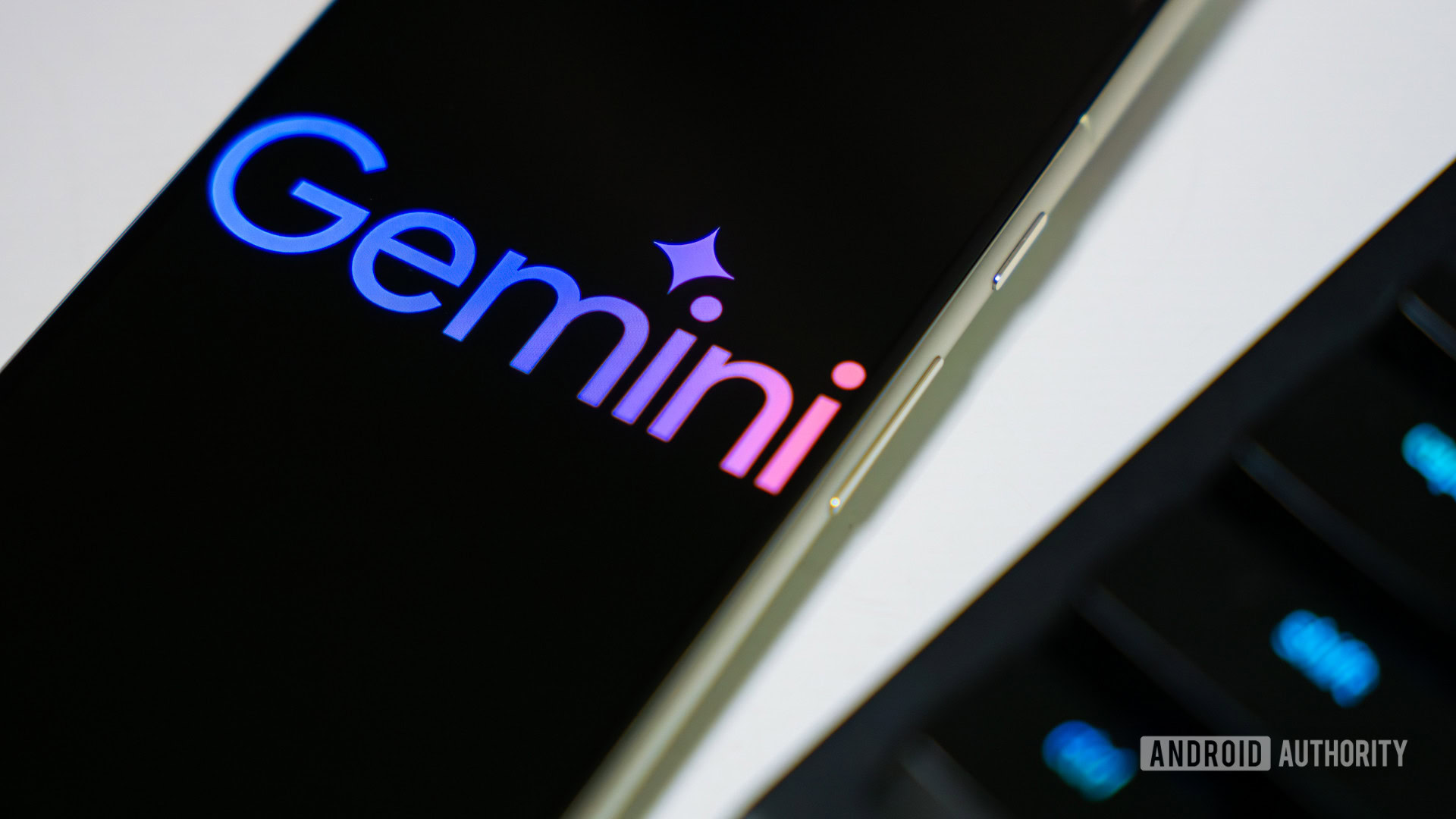How to Choose the Right Trading App for Your Investment Goals
The best trading app should provide the right set of tools based on your needs. Here are some things to watch out for.

With the advent of mobile applications, trading stocks from anywhere has indeed become very easy. Depending on who you are, a beginner who wants to make wealth over a long time or an experienced trader who wants to make money quickly, the next thing is picking the right trading app suitable for you.
Step 1: Define Your Investment Goals
The trading app best suited to your requirements would depend highly on your investment objectives, which you will now define. Each trading application specializes in its own niche of investors; hence defining your priorities will help you make an informed decision.
Step 2: Compare Trading Fees and Costs
While several apps provide commission-free trading, they may charge fees on other fronts. Certain costs to determine before downloading a trading app include:
-
Commission Fees: Some platforms charge per-trade fees, especially for trading in options and futures
-
Spread Fees: Some trading apps generate income through bid-ask spread, which directly reduces your profit.
-
Inactivity Fees: If you are not trading often, some trading platforms might impose inactivity fees on you.
-
Deposit/Withdrawal Fees: Certain apps make charges for their deposit or withdrawal services that would, on the other hand, affect your liquidity.
If you're a frequent trader, a low-commission platform is ideal. On the other hand, if you need advanced tools and personalized support, you might be happy to pay increased fees for premium features.
Step 3: Analyze the App's Features and Tools
The best trading app should provide the right set of tools based on your needs. Here are some things to watch out for:
1. User Interface and User Experience
-
A well-designed app is essential in providing a seamless trading experience. Some pointers to keep in mind include simple navigation among market data, charts, and trade options.
-
Fast execution of trades with low latencies.
-
User-customized dashboard to monitor portfolio.
2. Market Data and Analytics
Real-time data and news and analysis are influential in a trader's decision-making process. Depending on the specific trading app, it can have these features:
-
Live price charts with technical indicators.
-
Stock screeners for picking high-potential trades.
-
Market news integration to keep you updated.
Step 4: Assess Security and Regulation
Since you will invest your hard-earned money, it should be ensured that the trading app is safe and regulated. Look for:
- Regulatory approvals by various financial regulators such as SEC, FCA, or FINRA.
- Two-factor authentication for more security.
- Insurance against the loss of the funds deposited by users if ever such a platform collapses.
- Always read user reviews and security policies before downloading any trading app to protect your investments from any fraudulent activity or hacking risks.
Step 5: Assessing Customer Support and Education
There comes a time when even the best traders need some help. A reliable trading app would probably provide:
-
Around-the-clock customer support via phone, chat, or email.
-
Educational content to help you understand investment strategies better.
-
Community forums for traders to talk about market trends.
-
Beginner investors will benefit from apps that help with tutorial videos, webinars, and demo accounts for trading practice.
Step 6: Test for a Demo Account
You should check for a demo account before committing one hundred percent to a trading app. In this way, you can
-
Know the platform’s functionalities.
-
Trade test strategies without risking actual funds.
-
See whether you would want to work with that application.
-
Demo accounts work wonders for beginner traders and people trying out new trading techniques.
Step 7: Download and Start Trading
-
Open an account with personal details and submit verification documents.
-
Fund your account through bank transfer, credit card, or other forms of digital payments.
-
Explore the app interface; set alerts for stock movements.
-
Execute your trade based on your strategy-whether long-term investing, day trading, or options trading.
Final Thoughts
Depending on your investment goals-whether a long-term investor, day trader, or options trader-the app you will choose will depend on fees, tools, security, and types of assets available. After looking into all these factors, you should be able to find an app that will suit you.
What's Your Reaction?
 Like
0
Like
0
 Dislike
0
Dislike
0
 Love
0
Love
0
 Funny
0
Funny
0
 Angry
0
Angry
0
 Sad
0
Sad
0
 Wow
0
Wow
0
















































